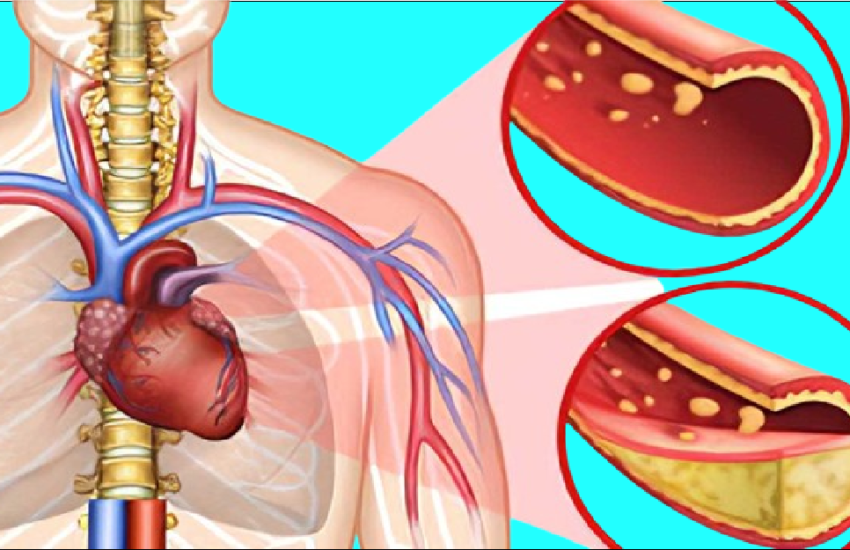The most important signs that you have a magnesium deficiency and what to do about it
Magnesium deficiency, also known as hypomagnesemia, often goes unnoticed despite its significant health implications. Symptoms of magnesium deficiency can manifest in both physical and mental ways.
While the prevalence of magnesium deficiency among Americans is estimated at less than 2%, this number is much higher in hospitalized patients, those in intensive care units (ICUs), and individuals with diabetes or an alcohol use disorder. Notably, diagnosing a deficiency can be difficult because noticeable symptoms usually only appear when magnesium levels are very low.
The causes of magnesium deficiency are varied and may include factors such as:
Severe food scarcity
Certain medications such as chemotherapy drugs and proton pump inhibitors
Acute or chronic diarrhea
“Hungry bone syndrome” after thyroid or parathyroid surgery
Gastric bypass surgery
Furthermore, health conditions such as diabetes, malabsorption disorders, chronic diarrhea, and celiac disease are associated with magnesium loss. Individuals with alcohol use disorder also face an increased risk of magnesium deficiency.
This article explores seven symptoms of magnesium deficiency:
Muscle cramps:
Muscle spasms, spasms, tremors, and convulsions are indicators of magnesium deficiency. In severe cases, deficiency may lead to seizures or convulsions. The underlying cause is believed to be increased calcium influx into nerve cells, which leads to increased excitability of muscle nerves.
Although magnesium supplements can relieve spasms in some cases, research suggests that they may not effectively treat muscle spasms in older adults. However, more studies are needed to understand its effectiveness in other demographics.
It is important to note that tics can result from various causes, including stress, excessive caffeine consumption, certain medications, or neuromuscular diseases such as muscular dystrophy and multiple sclerosis.
Mental health conditions:
Apathy, characterized by emotional numbness, delirium, and even coma, can result from magnesium deficiency. Observational studies also link low magnesium levels to an increased risk of depression, although there is no direct evidence linking deficiency to anxiety.
While some research suggests that magnesium supplements may benefit individuals with anxiety disorders, the quality of evidence remains weak, necessitating more high-quality studies.
Osteoporosis:
Magnesium deficiency is a potential risk factor for osteoporosis and bone fractures. While its direct effect on bone strength is clear in animal studies, human research is needed to prove this link.
Fatigue and muscle weakness:
Fatigue and muscle weakness can be signs of magnesium deficiency, especially when accompanied by conditions such as myasthenia gravis. This weakness is due to the loss of potassium present in muscle cells, as a result of magnesium deficiency.
high blood pressure:
Animal studies suggest that magnesium deficiency may lead to high blood pressure, although direct human evidence is lacking. Observational studies suggest a possible link between low magnesium levels and high blood pressure, with magnesium supplements showing promise in lowering blood pressure in some individuals.
asthma:
Severe cases of asthma sometimes coincide with magnesium deficiency, causing airway constriction due to calcium buildup. However, evidence on the effectiveness of dietary magnesium supplements for asthma management is inconsistent.
Arrhythmia:
Arrhythmia, or irregular heartbeat, is a serious consequence of magnesium deficiency. This condition can range from asymptomatic to life-threatening, necessitating more research to understand its mechanisms and potential treatments, including magnesium supplementation.


